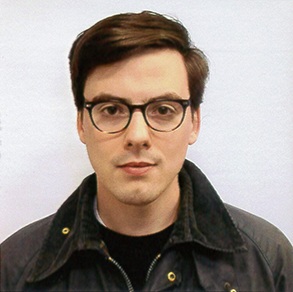Object Ecology
On December 9. from 13:00 to 14:00 Tom Jenkins from Georgia Tech will give a talk on Object Ecology.
Abstract:
From bit players in the world, electronics and computation have augmented everyday objects into viable actors in their own right, active participants in the world that sense, report, and scheme to their own ends.
By revealing these multiple obligations in more explicit ways, computational communication underscores the idea that objects in the world have always been members of multiple networks, involving themselves in social arrangements both subtly and dramatically. This simultaneous involvement in various networks-—information, electronic, legal, cultural, material, and more—-is what I call Object Ecology. What this ecological understanding of objects reveals is that objects cannot and should not be treated discretely. Instead, they must be considered as component members of an assemblage of actants.
One ecosystem of objects that resonates deeply for most people is the home. ‘Domesticity’ is comprised of all sorts of objects: plates, furniture, heating vents, entertainment systems, family members, rugs and much more. By providing computational capabilities to materials in the home, the Internet of Things has entered this domain brashly, but also intriguingly. It proffers a greater control of their environment to residents of “smart homes,” but access to this kind of technology is asymmetrical. Many communities and styles of living are excluded from the usual residential understanding of the Internet of Things. These outliers—-in this case cohousing communities-—offer a vantage point to both critique contemporary IoT practices as well as provide a provocative site to do design work from an ecological perspective.
About Tom Jenkins

Tom Jenkins is a PhD student in the Public Design Workshop at Georgia Tech’s Digital Media program. He is interested in thinking about how people approach technology as a cultural product and in developing new ways for technological prototyping can engage human and non-human experience. His practice draws from Science and Technology Studies, Design Research, and Human-Computer Interaction to develop, prototype, and deploy electronic platforms that unpack assumptions around the role of the technological in the everyday. He completed his Master’s studies at NYU’s Interactive Telecommunications Program in 2008, and worked with the Culturally Embedded Computing group at Cornell University, receiving a BA in 2006.
